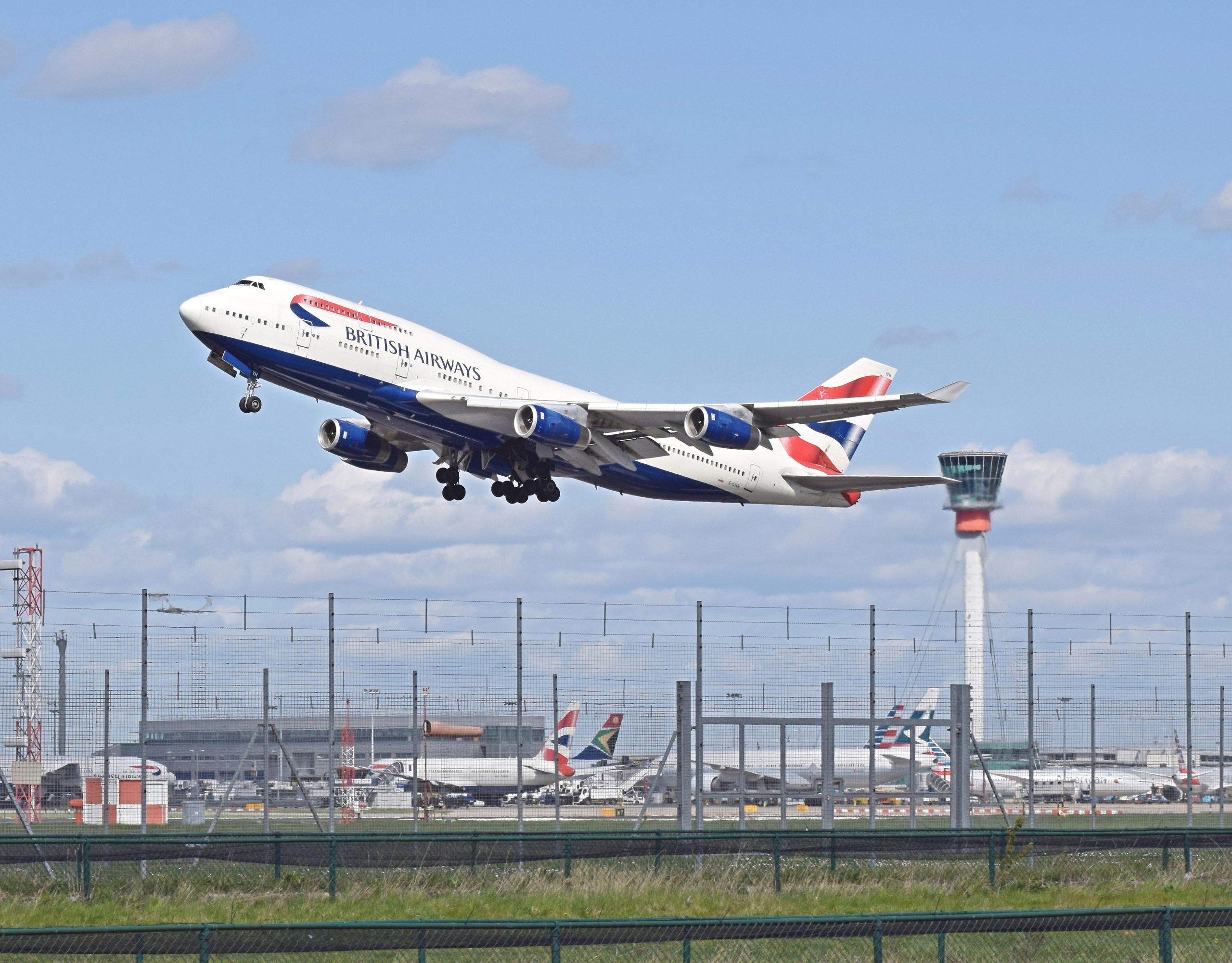What can we do to diminish carbon dioxide emission from the aviation industry? Researchers, including aerospace engineer ir Joris Melkert, are discussing this question this evening during the debate Het KennisCafé in Amsterdam.
Joris Melkert: 'Airplane manufacturers have no incentive to innovate.' (Photo: Wikipedia)
We all enjoy it, yet the consequences for the environment are disastrous: flying. The number of flights for holidays worldwide is on the rise, and this seriously hampers efforts to curb carbon emissions.
First some numbers. Every new generation of passenger plane emits about 20 percent less carbon dioxide. Given that a plane flies for an average of 20 years, that innovation results in a decrease in carbon dioxide emission of one percent per year.
“That’s the good news,” stresses Joris Melkert. “Now the downside of the equation. The aviation industry grows by 5 to 7 percent yearly. This means we have to cope with a net increase in carbon emission of 4 to 6 percent. In other words, the carbon dioxide emission due to aviation doubles every 17 years. Currently aviation is responsible for only 2 to 3 percent of global carbon dioxide emissions. But its share will increase rapidly.”
At the Aerospace Engineering faculty, Melkert and colleagues have plenty of ideas for making airplanes more energy-efficient. The engines can be improved. The shape of airplanes can be modified. They are investigating blended-wing airplanes that do not have the typical cigar-shaped fuselage but look more like a blunted flying saucer.
And then there is plenty of work being done on the fuel. “There are even special conferences on how to develop electrical or hybrid airplanes.”
But most of these ideas will never leave the drawing board. “Airplane manufacturers have no incentive to innovate,” says Melkert. “The two big companies, Boeing and Airbus, have full order books for the next decade. And it is hard to blame the airlines for their lack of innovation as they cannot afford the investment. They only earn about €10 per ticket sold. And the UN organization tasked with encouraging reductions in carbon dioxide emission in aviation hardly puts any pressure on the companies.”
“Our only hope to curb carbon dioxide emission is if the public calls a halt to it. Hopefully, at some point, consumers will fully realize the effects of flying. But I am afraid that we will see increasing numbers of people from developing countries taking to the air as their economies grow.”
- KennisCafé ‘Nooit meer vliegen’, Monday, January 15, 20:00-22:00. Tickets and info: de Balie.



Comments are closed.